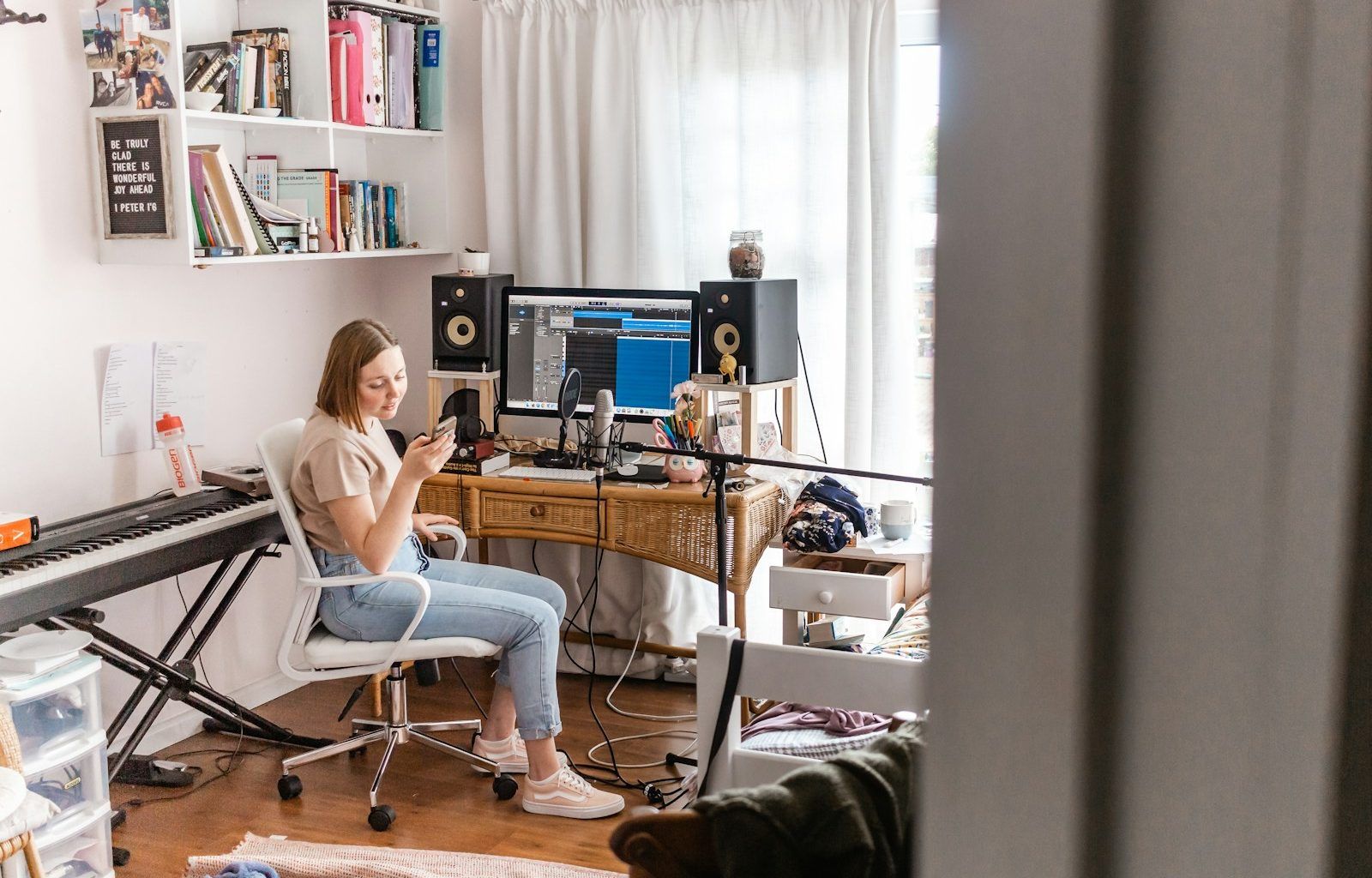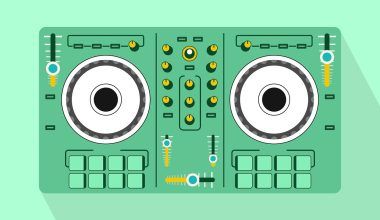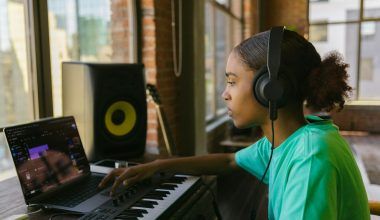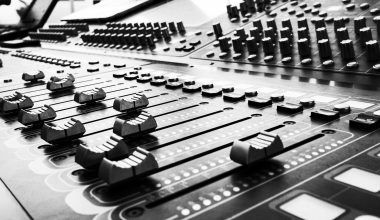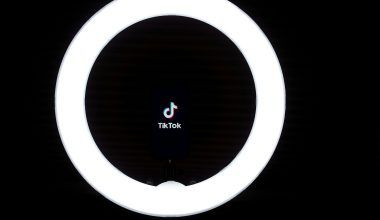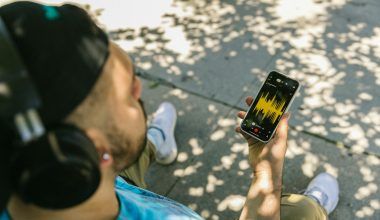Recording voice in a studio is an art and a science. It’s not just about sitting in front of a microphone and hitting record. There’s so much more that goes into creating a professional and captivating sound. Whether you’re a seasoned vocalist, a podcaster, or someone just starting out, understanding the process can make a huge difference.
Why Studio Recording is Special
A studio is like a playground for sound. It’s designed to capture your voice in its purest form. Unlike recording at home or in a random space, studios are equipped with top-notch technology and acoustics that bring out the best in your voice. This makes your recordings sound crisp, clear, and professional.
When you record in a studio, you’re not just using better equipment. You’re also benefiting from the expertise of sound engineers. These professionals know how to make your voice shine. They understand how to balance the tone, reduce noise, and add just the right effects to make your recording stand out.
Preparing for a Studio Session
Before you even step into the studio, preparation is key. Start by warming up your voice. Simple exercises like humming, lip trills, or singing scales can help. They prepare your vocal cords and ensure your voice is at its best when the mic is on.
Another important step is rehearsing. Familiarize yourself with your script or lyrics. Practice your delivery, intonation, and pacing. When you’re confident in your material, you’ll spend less time re-recording and more time perfecting the final product.
Also, don’t forget to stay hydrated. Drinking water—especially warm or room-temperature water—keeps your throat clear and voice smooth. Avoid dairy or caffeine before recording, as they can cause mucus buildup and dryness.
Choosing the Right Studio
Not all studios are created equal. When looking for a place to record your voice, consider a few key factors. First, check out the equipment. High-quality microphones, headphones, and preamps can make a noticeable difference in sound quality. Studios with soundproof walls and acoustic treatment are ideal because they prevent unwanted noise.
Another consideration is the vibe of the studio. You should feel comfortable and relaxed. A good studio environment helps you perform better and brings out your natural voice. Visiting the studio beforehand can give you a sense of whether it’s the right fit for you.
Setting Up the Equipment
Once you’re in the studio, setting up correctly is crucial. Start with the microphone. Position it at the right height and distance to capture your voice clearly. A pop filter is a must-have accessory. It reduces harsh sounds caused by plosive consonants like “p” and “b.”
Headphones are another essential. They allow you to hear yourself as you record, helping you stay on pitch and maintain a consistent volume. Over-ear headphones are often the best choice because they’re comfortable and block out external noise.
The sound engineer will usually handle the technical setup, but it’s helpful to understand the basics. For example, adjusting gain levels ensures your voice is neither too soft nor too loud. Monitoring the audio waveform can also help catch issues early.
Nailing Your Performance
When the red light goes on, it’s time to shine. Relax and focus on delivering your best performance. Speak or sing with emotion and clarity. Pay attention to your breathing, and try not to rush.
If you make a mistake, don’t worry. One of the advantages of studio recording is the ability to do multiple takes. Sometimes, the second or third attempt turns out better than the first. It’s all part of the process.
Don’t be afraid to ask for feedback from the sound engineer or producer. They’re there to guide you and help you achieve the best results. A fresh pair of ears can catch things you might miss.
Editing and Post-Production
Once you’ve recorded your voice, the work isn’t over. Post-production is where the magic happens. This stage involves editing the audio, adding effects, and mastering the final track.
Editing starts with cleaning up the recording. This means removing unwanted noise, cutting out pauses, and fixing mistakes. Equalization (EQ) is often used to balance the frequencies of your voice. For instance, boosting the mid-range can make your voice sound warmer.
Reverb and compression are two other common effects. Reverb adds a sense of space and depth, making your voice sound fuller. Compression evens out the volume levels, ensuring your recording sounds consistent.
Common Challenges and How to Overcome Them
Even in a professional studio, challenges can arise. One common issue is nervousness. It’s normal to feel a little anxious, especially if it’s your first time recording. To calm your nerves, take deep breaths and focus on the task at hand.
Another challenge is maintaining energy throughout the session. Recording can be tiring, especially if you’re doing multiple takes. Take breaks when needed, and keep snacks and water handy to stay energized.
Technical issues, like unwanted noise or microphone distortion, can also occur. Communicate with the sound engineer if you notice anything off. They’re equipped to troubleshoot and resolve these problems.
Why Voice Recording is Worth It
Recording your voice in a studio might seem like a lot of effort, but the results are worth it. Whether you’re creating a podcast, narrating an audiobook, or recording a song, a professional studio captures your voice in the best possible way. It’s an investment in quality and professionalism.
Plus, the skills you learn during the process are invaluable. Over time, you’ll become more comfortable in front of the mic and more confident in your abilities. Studio recording is not just about the final product; it’s also about growth and self-improvement.
Final Thoughts
Recording voice in a studio is a journey. From preparation to post-production, every step plays a role in creating something truly special. By understanding the process and putting in the effort, you can achieve professional-grade recordings that stand out.
Whether you’re a beginner or a pro, always aim for continuous improvement. Keep learning, experimenting, and pushing your boundaries. The studio is your stage, and your voice is the star. So go ahead, hit record, and let your voice shine
For further reading, explore these related articles:
- Believer by Imagine Dragons: Understanding Its Lyrics and Meaning
- Justin Bieber and His Record Label Journey: The Story of Success
For additional resources on music marketing and distribution, visit DMT Records Pvt. Ltd..
